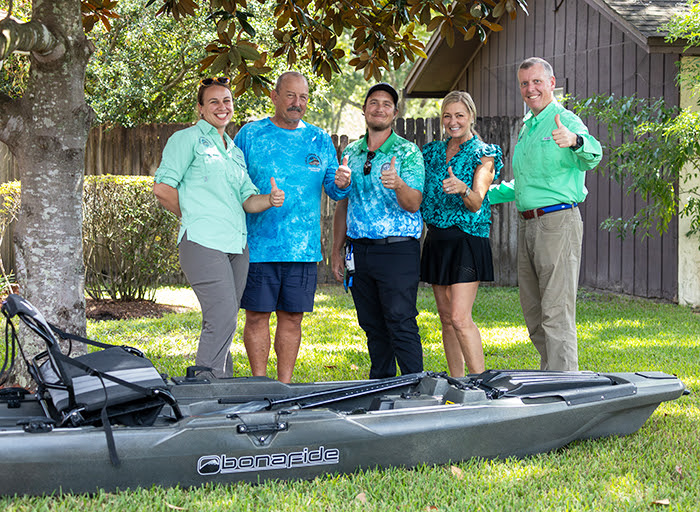ALACHUA ‒ With the aftermath of Hurricane Milton, flooding has made several Florida rivers unsafe for normal navigation, necessitating restrictions like Idle Speed/No Wake zones and temporary closures. The Florida Fish and Wildlife Conservation Commission (FWC) is monitoring the situation.
The agency says that the public's cooperation with safety guidelines is crucial for minimizing risks. High river levels not only increase the risk of swift currents but can also conceal various underwater hazards. Submerged debris, changes to river channels, and altered landscapes are among the dangers that boaters might encounter during floods. The FWC advises extreme caution and recommends that individuals avoid unnecessary travel on these affected waterways until conditions improve.
FWC is alerting the public about widespread flooding across several rivers in Florida, following the impacts of Hurricane Milton. The affected waterways include the Suwannee/Santa Fe, St. Johns, and Withlacoochee rivers, where rising waters have led to the implementation of various safety measures to ensure public safety. By staying informed and adhering to these measures, boaters can help ensure their safety and that of others during this challenging period.
As flood levels increase, specific areas along these rivers have triggered the enforcement of Idle Speed/No Wake zones. These zones come into effect when water levels, monitored by the National Oceanic and Atmospheric Administration (NOAA) and the U.S. Geological Survey (USGS) gauges, reach critical points. Boaters within these designated zones are required to reduce their speed to idle, minimizing wakes that could pose additional hazards during these flood conditions.
The establishment of Idle Speed/No Wake zones is critical for protecting both the natural environment and the safety of individuals navigating these waters. Compliance with these restrictions helps reduce the risk of accidents due to submerged obstacles and prevents additional stress on already vulnerable riverbanks and flood-prone areas.
In response to extreme flooding conditions, parts of the Withlacoochee River have been temporarily closed to all vessel traffic. This measure is aimed at ensuring public safety as the river's rising levels have made navigation particularly hazardous. Submerged hazards, swift currents, and floating debris pose significant dangers in these conditions, making travel on these river segments unsafe.
Boaters are strongly advised to avoid these closed sections until water levels subside and conditions return to normal. The FWC emphasizes that this precaution is necessary to prevent accidents and injuries during this period of heightened risk.
The FWC urges all boaters and river users to stay updated on current river conditions, including any changes to restrictions and closures. To access real-time information on Idle Speed/No Wake zones, river closures, and other safety updates, individuals can visit MyFWC.com/Boating. By selecting “Waterway Management” and clicking on the “Alert!” banner at the top of the page, boaters can stay informed about the latest developments.
FWC Boating and Waterways Section Leader Maj. Bill Holcomb stressed the importance of safety during this time: “Safety is our top priority. We are working closely with local officials and monitoring water levels to make adjustments as conditions change. We ask all boaters to respect these temporary restrictions and stay alert to any updates as the situation evolves.”
# # #
Email editor@
alachuatoday.com
Add a comment

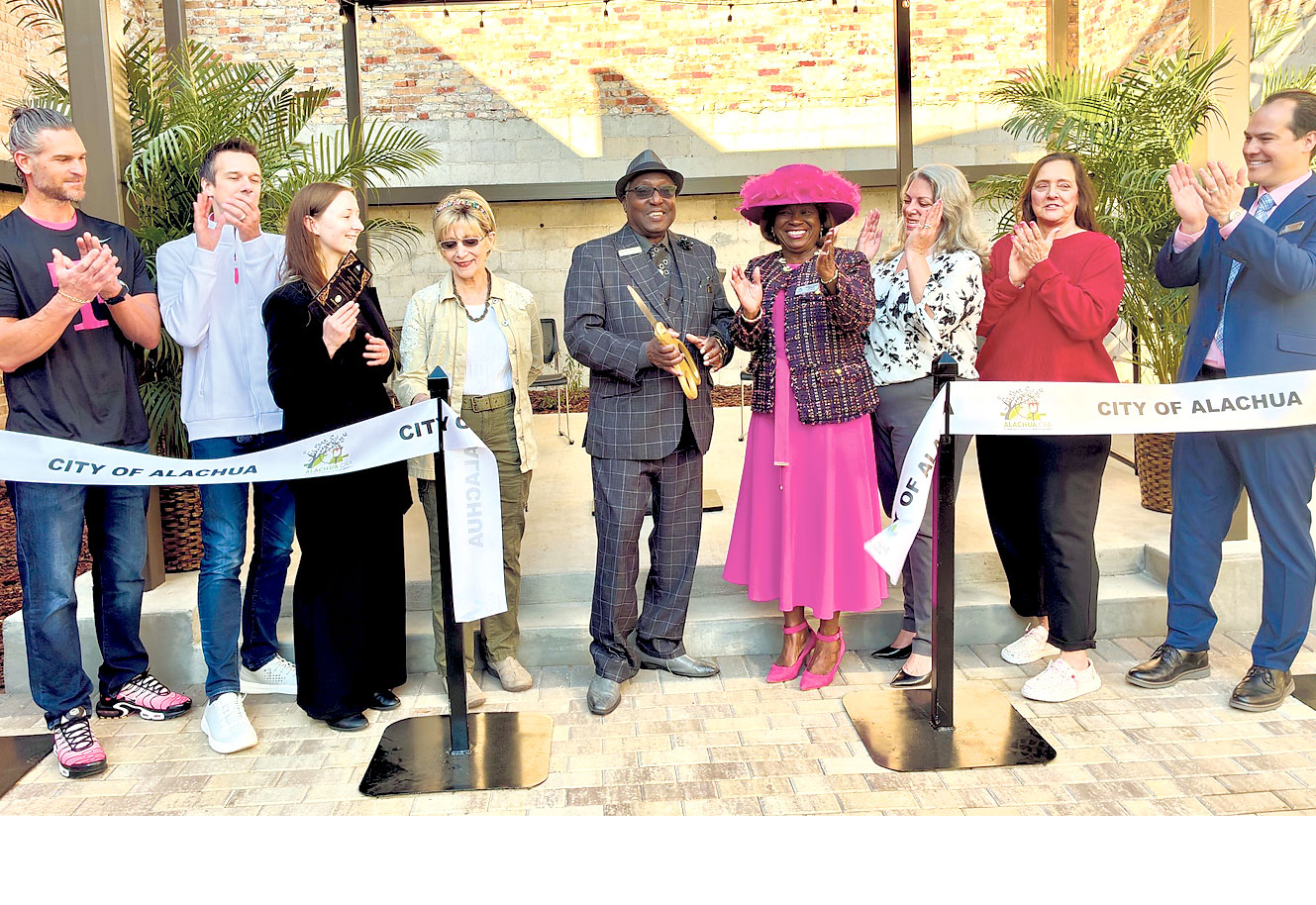
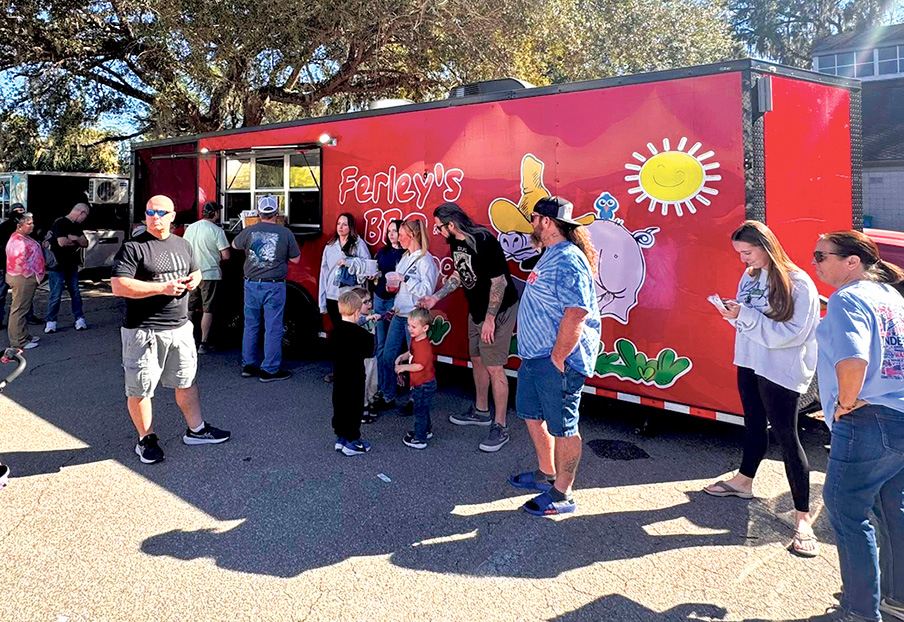



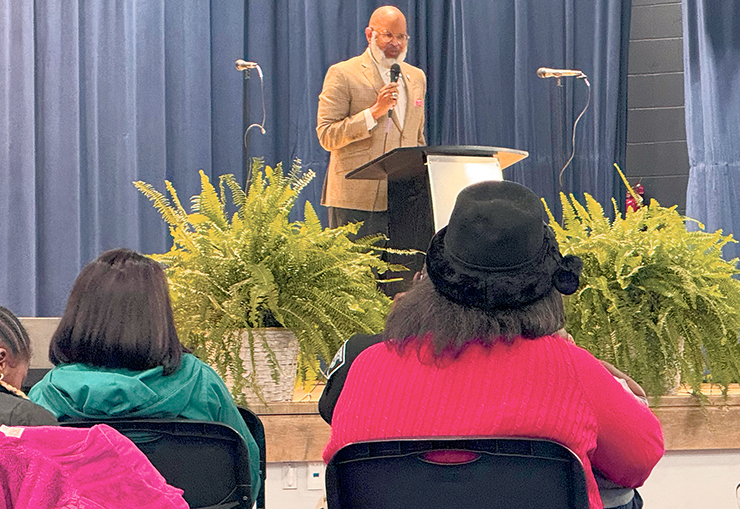




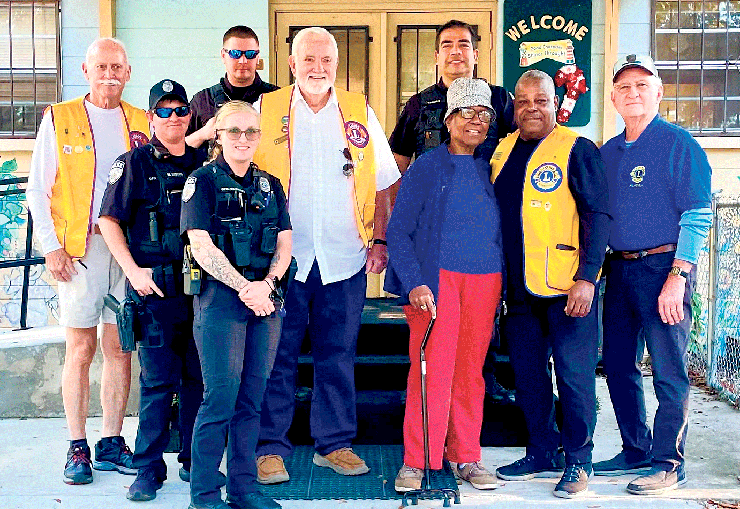


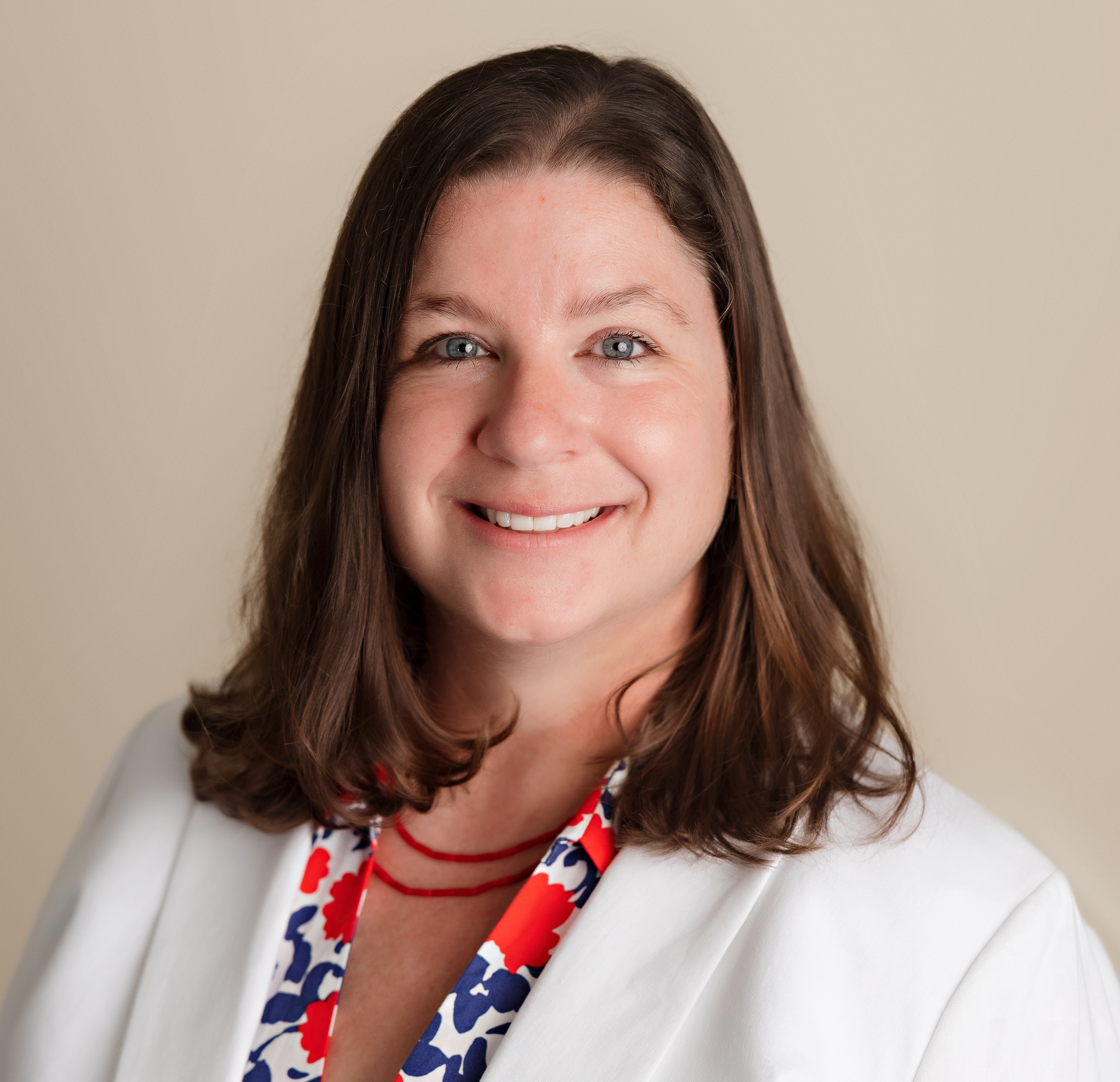 Jennifer Breman, a career and technical education program specialist with Alachua County Public Schools, has been elected to serve on the Board of Directors of the Association for Career and Technical Education (ACTE), the nation’s largest nonprofit organization dedicated to advancing career and technical education.
Jennifer Breman, a career and technical education program specialist with Alachua County Public Schools, has been elected to serve on the Board of Directors of the Association for Career and Technical Education (ACTE), the nation’s largest nonprofit organization dedicated to advancing career and technical education.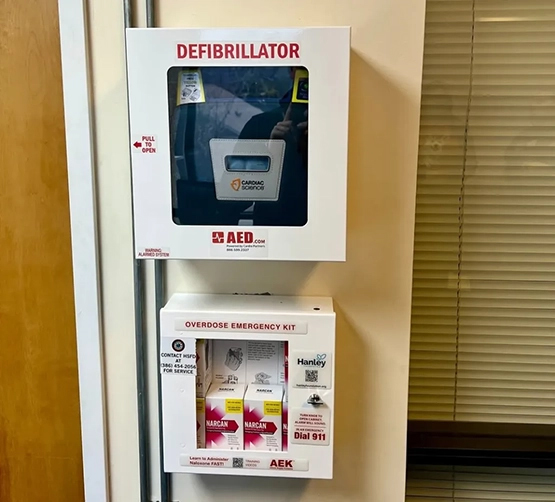
 Using an inhaler seems straightforward, but it’s actually a high-precision task. If the technique isn't quite right, the medication often ends up hitting the back of your throat instead of reaching your lungs where it’s needed.
Using an inhaler seems straightforward, but it’s actually a high-precision task. If the technique isn't quite right, the medication often ends up hitting the back of your throat instead of reaching your lungs where it’s needed.



